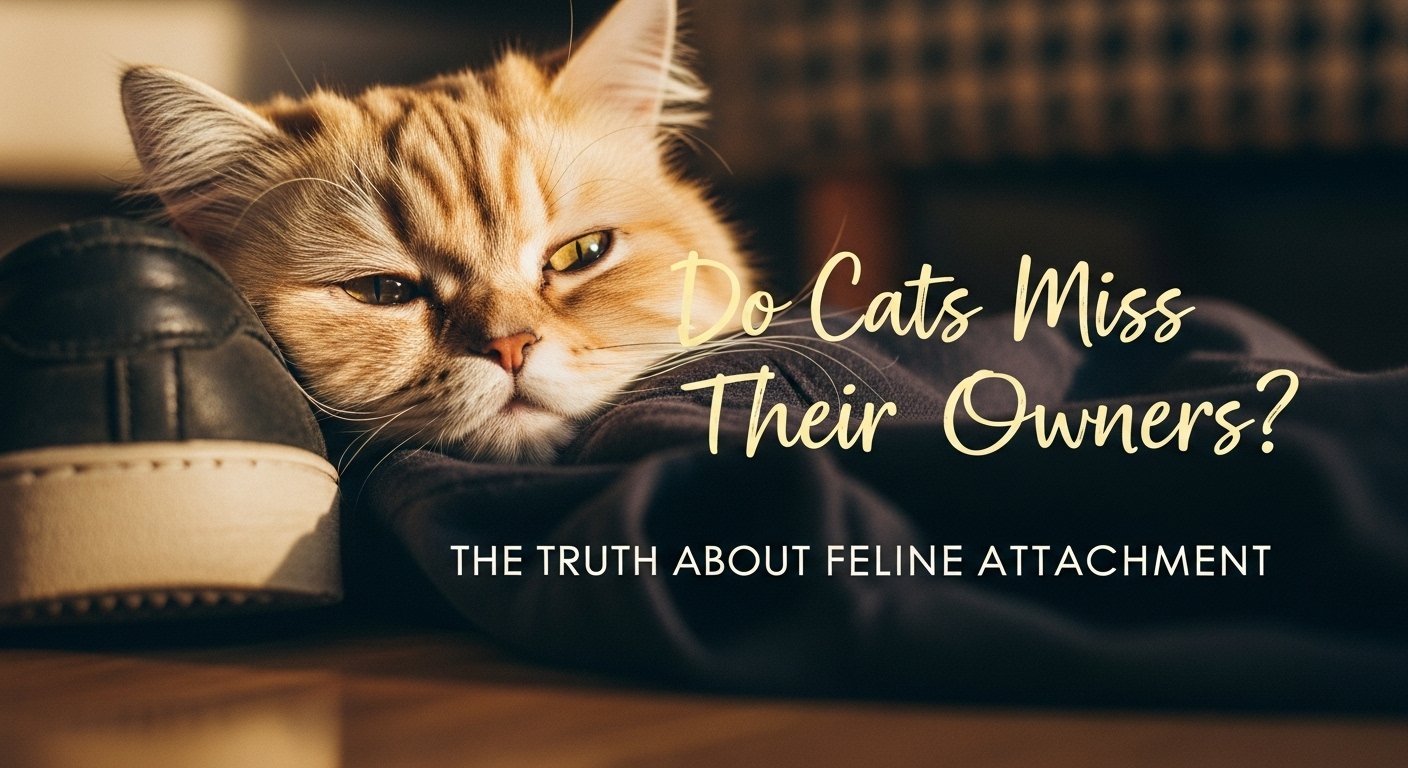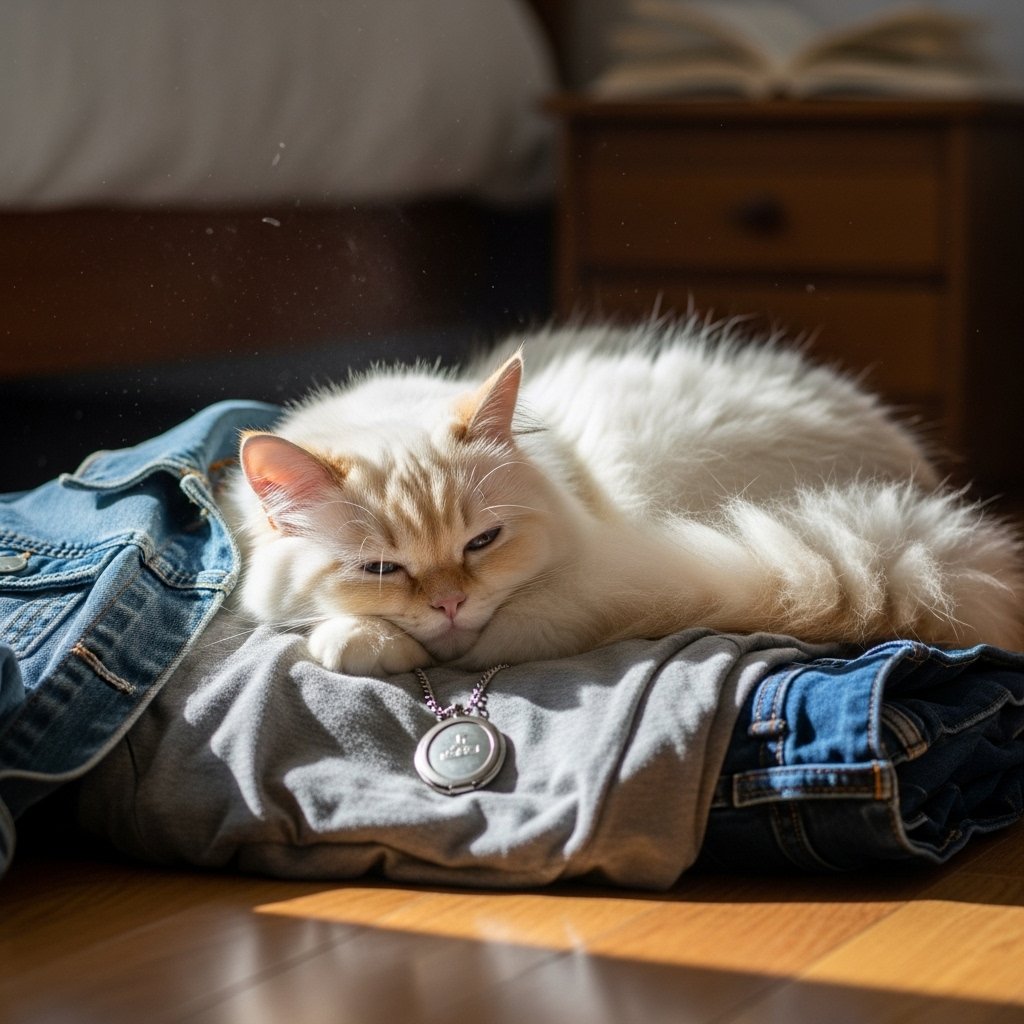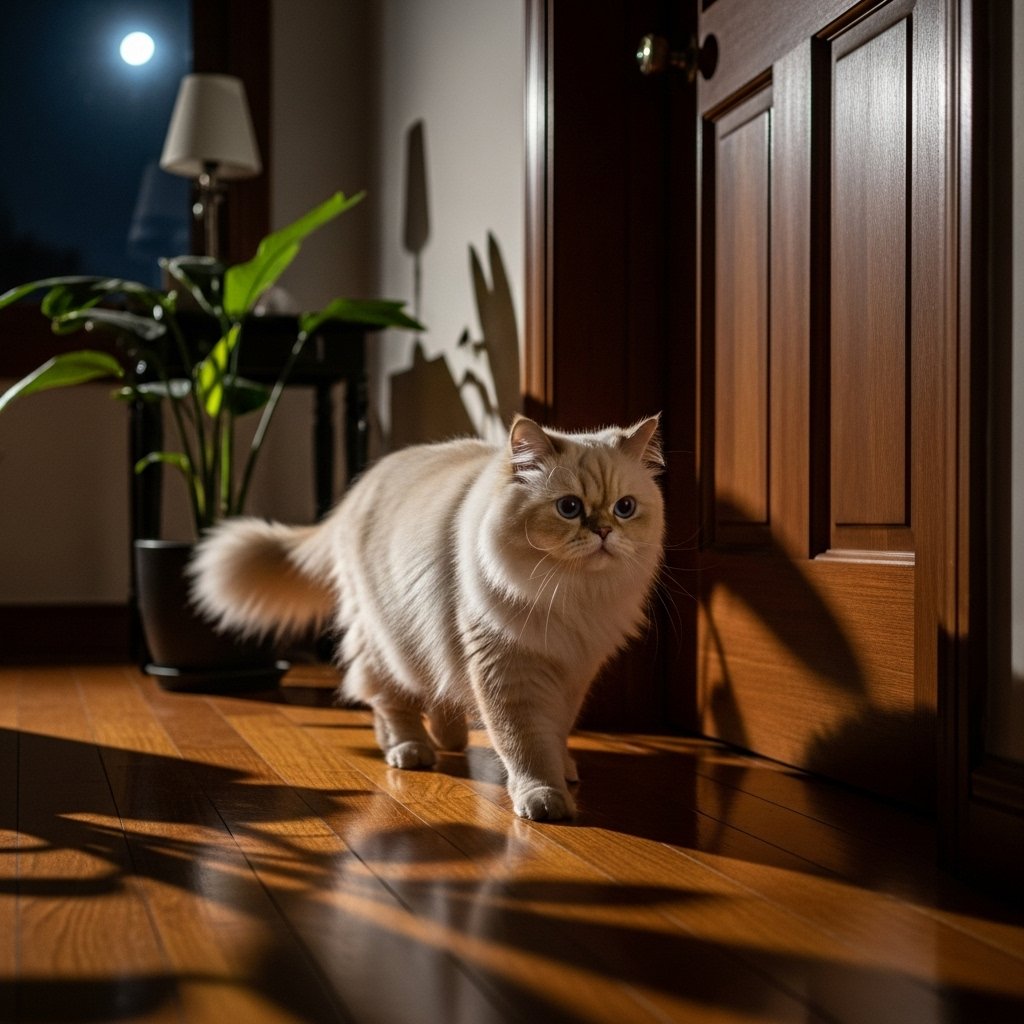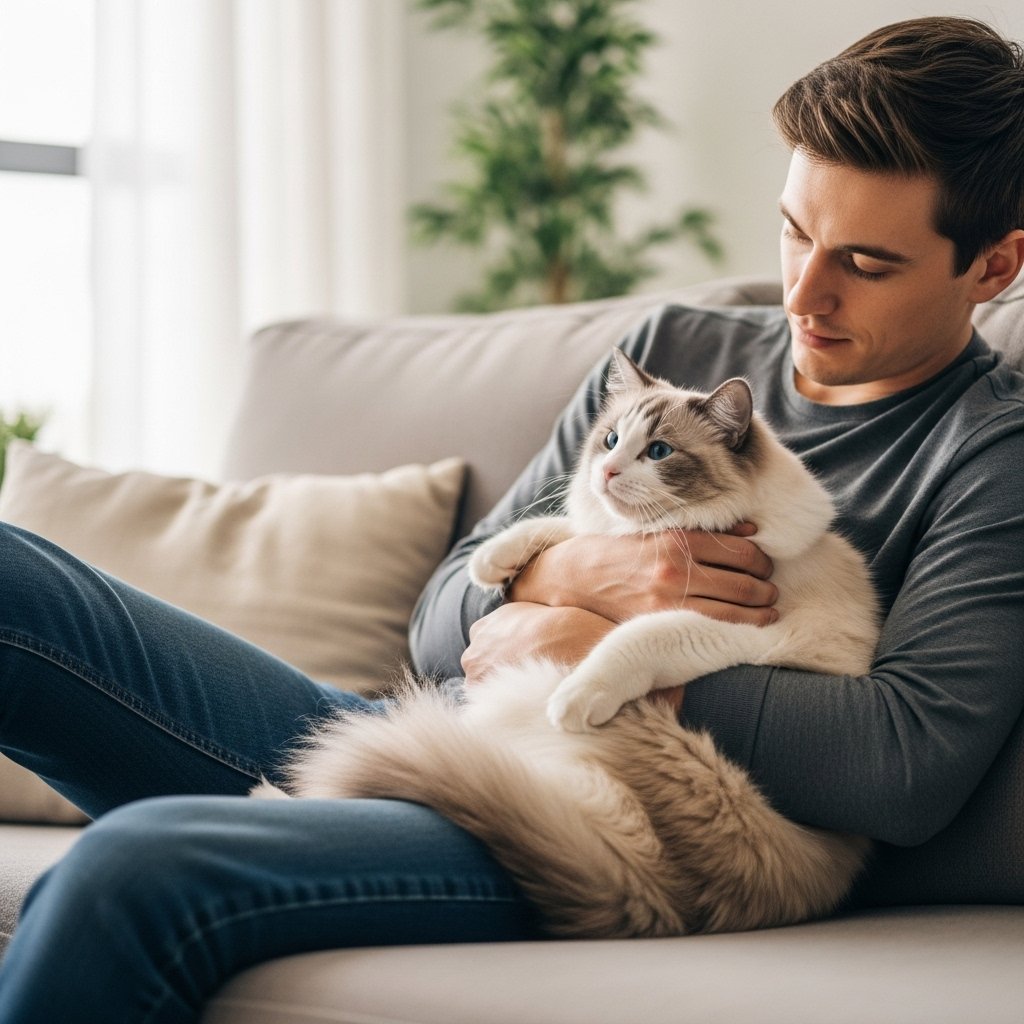
Do Cats Really Miss Their Owners?
Cats often get an unfair reputation for being aloof, independent, and even indifferent to their owners. But anyone who’s lived with a cat knows the truth: felines form deep emotional bonds. The big question is do cats really miss their owners when they’re gone?
The answer is yes but in their own unique feline way.
This blog explores the science behind cat attachment, signs that your cat misses you, and what you can do to ease their stress when you’re not home.
The Science of Feline Attachment
For a long time, researchers assumed cats were solitary animals. But new studies show cats form secure attachments to their humans similar to dogs and even children.
A 2019 study from Oregon State University tested how cats reacted when their owners left the room and returned. Results showed:
- 65% of cats displayed secure attachment, greeting their owners and quickly calming down.
- Others showed signs of anxious attachment, becoming clingy or stressed.
Cats do bond deeply with us and feel our absence.
Signs Your Cat Misses You
- Greeting You at the Door
If your cat runs to the door, rubs against you, or meows when you return, it’s a clear sign of affection and recognition.
- Increased Vocalization
Some cats meow more when their owner is away either while waiting at the door or at night.
- Sleeping on Your Belongings
Cats are comforted by your scent. If you notice them napping on your clothes or pillow, it’s their way of staying close.
- Changes in Eating Habits
Some cats may eat less when left alone, showing signs of stress or loneliness.
- Following You Around
After you’ve been gone, a clingy cat may shadow you from room to room to “reconnect.”
- Stress Behaviors
Excessive grooming, scratching furniture, or even litter box issues can appear when cats miss their humans.

Do Cats Experience Separation Anxiety?
Yes cats can develop separation anxiety, though it often looks different than in dogs.
Signs of Cat Separation Anxiety:
- Loud, persistent meowing when you’re away
- Destructive behavior (scratching doors, knocking things over)
- Excessive grooming or licking
- Refusing to eat until you’re home
- Inappropriate urination (marking due to stress)
Cats are creatures of routine. Disruptions like a new job, moving, or extended absences can make them more prone to anxiety.
Why Cats Miss Their Owners
Cats form attachments for several reasons:
- Dependence on Routine: Cats thrive on predictability, and your absence disrupts their daily life.
- Emotional Bonding: Many cats form strong emotional connections with their humans.
- Scent & Comfort: Your presence provides reassurance through smell, touch, and interaction.
While cats may appear “independent,” they still crave social interaction and companionship.

How Long Can Cats Be Left Alone?
Most healthy adult cats can tolerate being left alone for 24–48 hours if they have food, water, and a clean litter box. But longer absences can increase stress.
Factors that affect how much cats miss you:
- Age: Kittens and seniors are more vulnerable.
- Personality: Some cats are more social and clingy.
- History: Rescue cats or those with past trauma may fear abandonment.
If leaving for more than a day, ask a friend or hire a pet sitter to check in.
How to Help Your Cat Cope When You’re Gone
If your cat struggles with separation, these strategies can ease their stress:
- Create a Stimulating Environment
- Puzzle feeders
- Cat trees and shelves
- Interactive toys
- Cat TV (videos of birds or fish)
- Leave Comfort Items
- A worn T-shirt with your scent
- Favorite blanket or bed
- Stick to Routines
Feed and play with your cat at consistent times. Cats feel safer with predictability.
- Use Calming Aids
- Feliway pheromone diffusers
- Calming sprays or treats (vet-approved)
- Hire a Cat Sitter
Even 20 minutes of daily interaction helps cats feel less lonely.
- Train Gradual Independence
Practice leaving for short periods and gradually increase time away so your cat adjusts.

Myths About Cats & Attachment
- Myth: Cats don’t care about their humans.
Truth: Studies show most cats have secure attachment bonds. - Myth: Cats prefer being alone.
Truth: Cats enjoy solitude sometimes, but many crave companionship. - Myth: Cats only want food.
Truth: Cats also seek comfort, warmth, and affection.
When to Worry
If your cat’s nighttime meowing, destructive behavior, or anxiety escalates, consult your vet. Medical issues (thyroid problems, pain, or cognitive decline in seniors) can also cause clinginess or excessive vocalization.
Final Thoughts
So do cats really miss their owners? Absolutely. While they may not howl at the door like dogs, cats show their emotions in subtler ways sleeping on your clothes, greeting you eagerly, or becoming clingier after your absence.
Your cat doesn’t just see you as a food provider. They see you as part of their family, their comfort, and their safe space.
By understanding their attachment and supporting them with routines, enrichment, and love, you’ll help your feline friend feel secure even when you’re not around.



